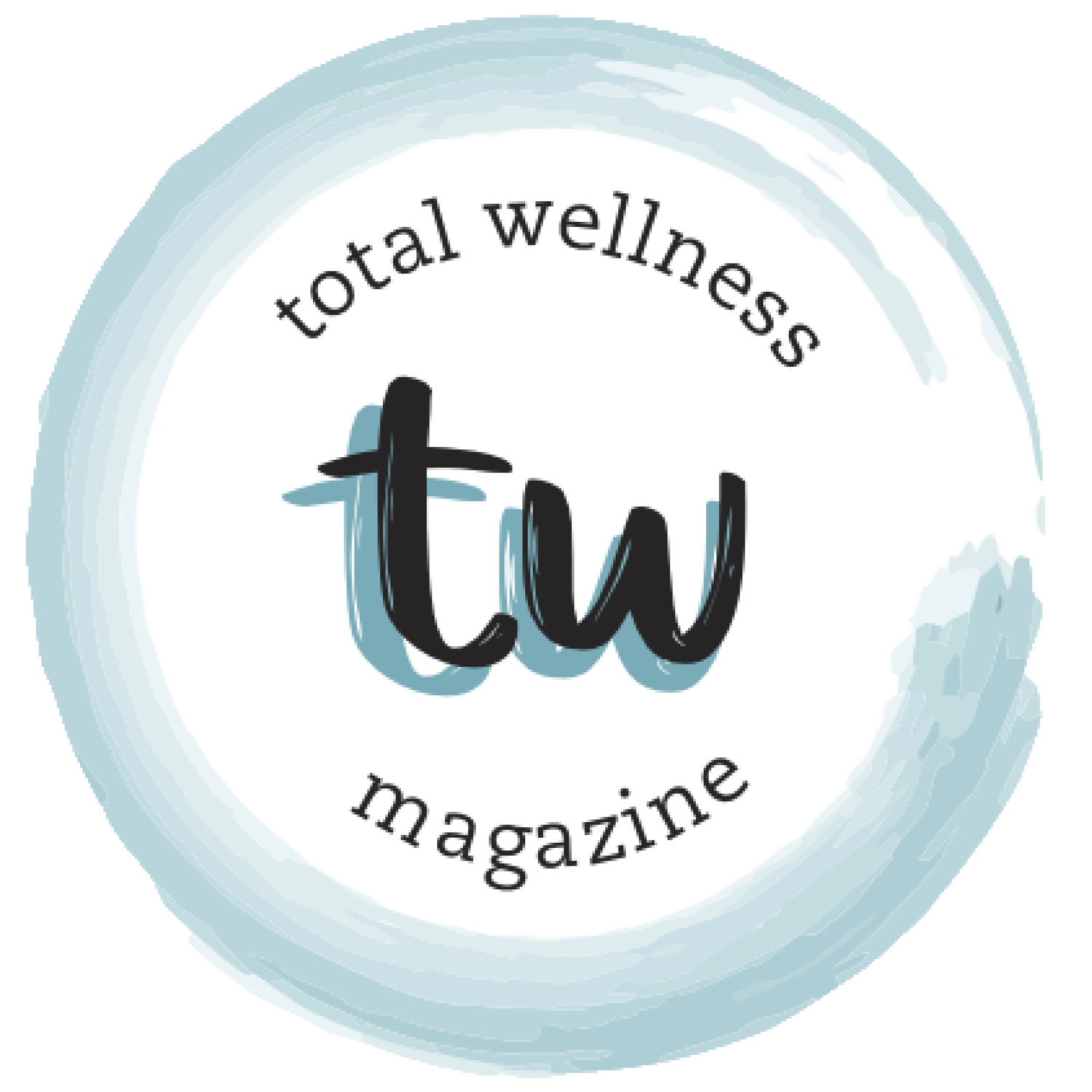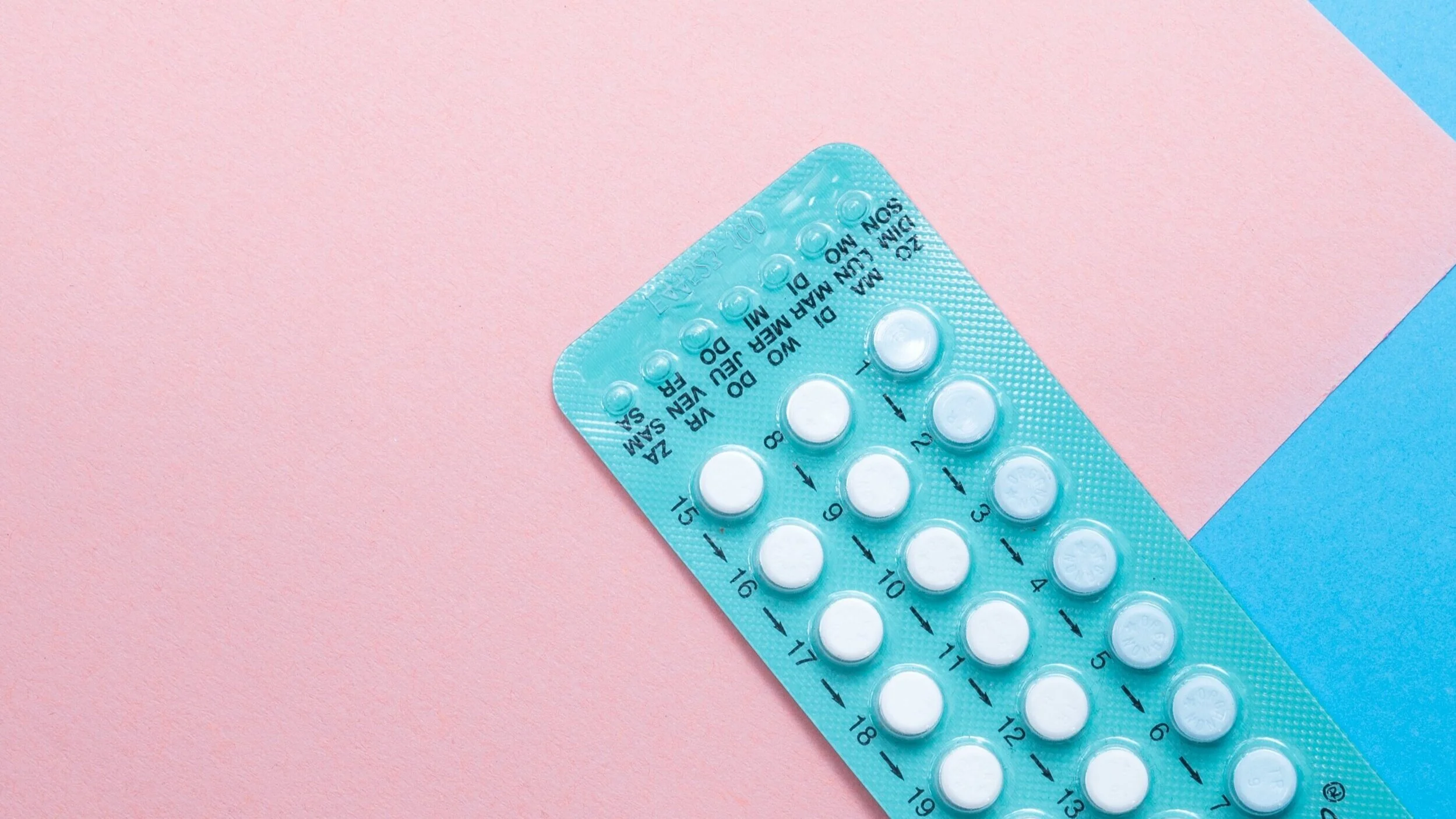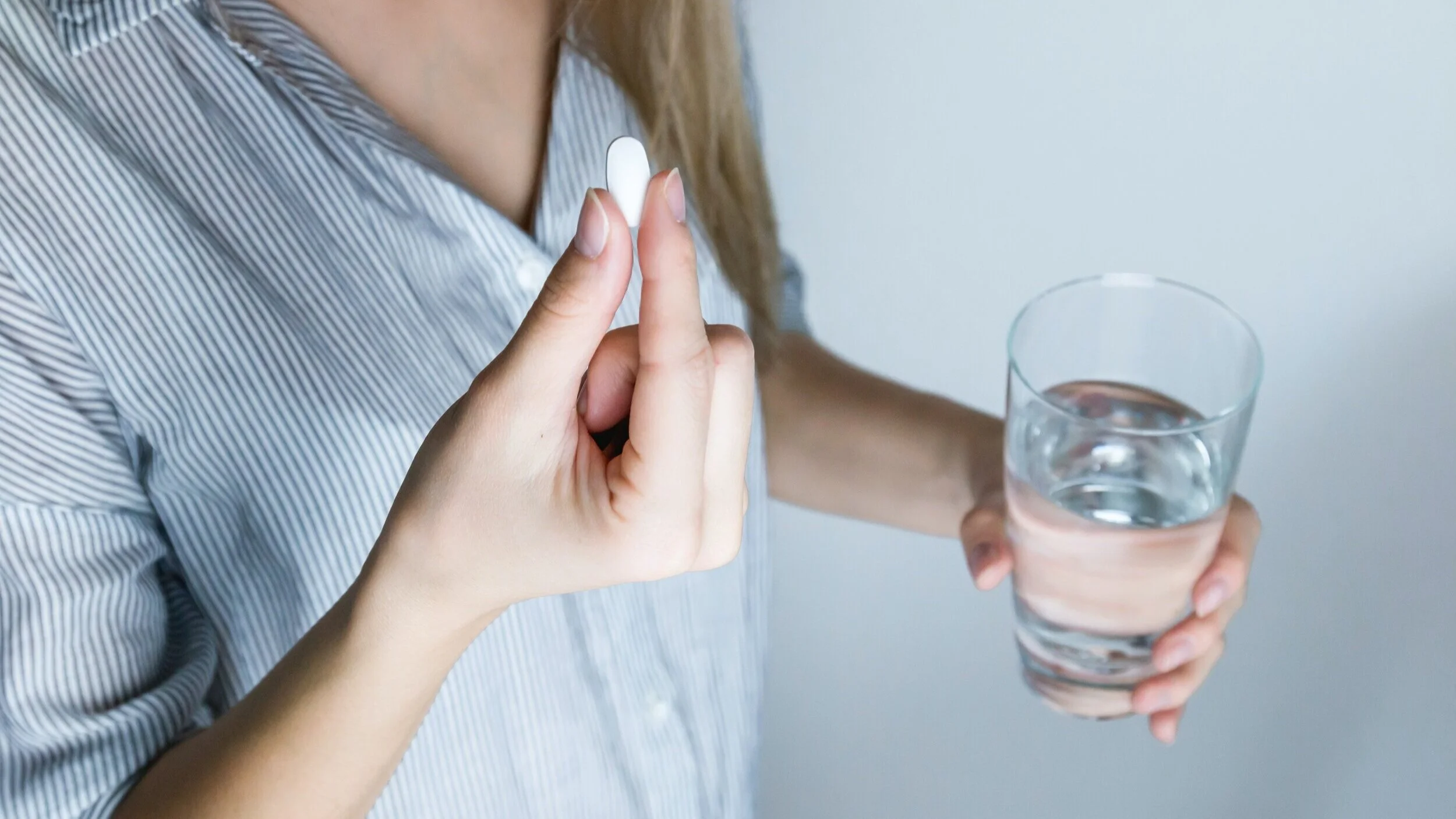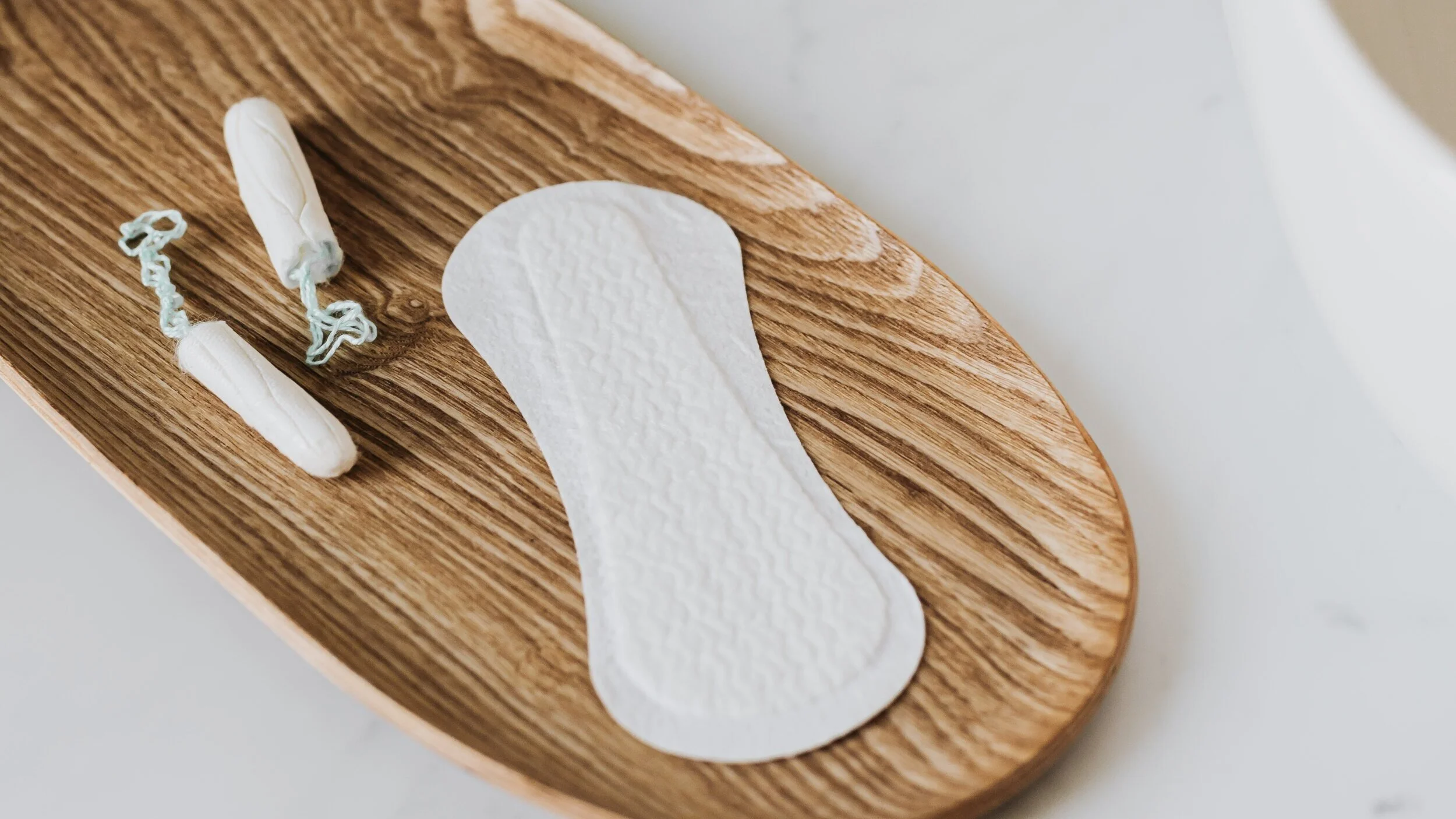Destigmatizing the Pill
by Ashley Kim
There’s a stigma around the topic of periods and contraceptives—particularly birth control pills. In the 21st century, reproductive health should not be a taboo at all. Besides pregnancy prevention, the birth control pill has several health benefits that may be lesser known. This article will dissect various types of birth control pills and why they’re used not only to avoid pregnancy, but also to manage acne and period flow.
About the pill
Birth control pills, or oral contraceptives, are commonly used to prevent pregnancy. Their popularity may stem from them being safe and easy to use. For the pill to be effective, one simply swallows the prescribed pill daily. There are two main types of pills: combination pills and progestin-only pills. Combination pills contain the hormones estrogen and progestin and must be taken daily, although not necessarily at the same time every day. These pills may come in 21, 28, or 91-day packs. Progestin-only pills contain progestin and must be taken within the same three-hour window every day. These pills usually come in four weeks or 28-day packs.
Some tips when taking the pill:
Use a birth control app to remember your daily schedule. A popular app is Natural Cycles.
If you missed taking the pill, find the name of your pill or prescription and contact your doctor or drugstore.
How can the pill reduce acne?
Acne is caused by androgens or male hormones. Androgens create sebum, which is a yellow, oily substance that can develop acne when combined with dead skin cells. [1] Acne comes in the form of blackheads, pimples, whiteheads, or red bumps, and can be caused by a variety of reasons: hormonal changes from puberty, makeup, excessive rubbing of the skin, or even genetics.
Birth control pills can combat acne by reducing the circulation of androgen, which then reduces the production of sebum. Only combination pills can work against acne because the pill needs to contain both estrogen and progestin to be effective. [2]
Estrogen can decrease oil production and also suppresses the ovaries’ production of androgens. Progestin is a little different in that there are two different types of the hormone; some progestin activates androgen receptors which makes the skin more oily, while others are anti-androgenic and block androgen receptors. Thus, pills containing anti-androgenic progestin are more beneficial and can in turn reduce acne. [2]
How does the pill affect your period?
The pill can also regulate your blood flow by making your period more predictable. The hormones estrogen and progestin stop ovulation, the process in which an egg is released during your menstrual cycle. Because the egg is not released, the pill makes your period predictable by regularizing it. [3]
If you ever want to skip your period for a specific reason (e.g. vacation, graduation, etc.), the pill can help you do so safely. The extended-cycle, or continuous regimen pills, are a type of combination pills that are designed to skip periods. These pills cause a period to occur once in three months. Fortunately, there are no known negative health effects from skipping your period. [4]
Another great advantage of the pill is that it can reduce one’s menstrual cramps. The pill can make periods lighter and lower any risk of heavy bleeding by thinning the lining of the uterus. It may even further ease cramps by preventing ovulation altogether. [5]
What are the possible disadvantages?
Although the pill may offer great health benefits, it may not be for everyone. The pill is known to come with side effects, and different prescriptions can have different risks. While these side effects can go away after 2-3 months of being on the pill, they have been reported as including the following: [6]
Headaches/nausea
Mood swings
Irregular bleeding: spotting and bleeding between periods
Blood clots
Taking the pill can also be tedious because it must be taken daily or else it is ineffective. The pill also does not protect against STDs, so using other contraceptive measures to prevent STDs is advised. Birth control pills are also 99% effective when taken correctly. However, if you do not take them at the same time frame everyday, the effectiveness can drop to 91%. [7] You should also not take a friend’s or relative’s pills because it may not be the best prescription for you.
How can I access the pill?
If you do want to look into birth control pills, they are easy to access. However, they do require a prescription from a doctor or nurse. The pill’s cost can range from anywhere $0-50 but can be covered by your insurance. For more information on access, speak with your health provider, or find your nearest Planned Parenthood center. To learn about different birth control options, check out the Planned Parenthood website.
The Bottom Line
The pill is a great option for anybody who wants to look into their health benefits: reducing acne and regulating your period. Although they’re easy to use and access, the pill does come with potential side effects. Ultimately, the choice of the type of birth control and your desire to use it depends on your preferences and lifestyle habits.
References
“Using Birth Control to Improve Acne.” healthline.com. (2019).
“Birth control, your skin, and your hair.” helloclue.com. (2019).
“Birth Control Pills and Period: Your Questions Answered.” plushcare.com. (2018).
“Safe Ways to Use Birth Control to Skip Your Period.” healthline.com. (2019).
“Birth Control: Benefits Beyond Pregnancy Prevention.” webmd.com. (2018).
“10 most common birth control pill side effects.” medicalnewstoday.com. (2020).
“How effective is contraception at preventing pregnancy?” nhs.uk. (2020).









